On August 28, 1963, the Reverend Martin Luther King Jr. delivered a speech from the steps of the Lincoln Memorial in Washington, D.C. His audience? Over 250,000 people who had participated in a massive public gathering called the March on Washington for Jobs and Freedoms.
The March on Washington for Jobs and Freedoms being led by civil rights leaders. (Getty Embed)
The march itself had a huge impact, but King's speech is what people remember most about it. Known today as "I Have A Dream," it is considered one of the greatest public speeches ever made in the United States.
Marching for rights
The march's crowd listens to speeches delivered that day. They surrounded the Lincoln Memorial Reflecting Pool. The Washington Monument is in the background. (Getty Embed)
The main purpose of the March on Washington for Jobs and Freedom was to call for civil and economic rights for Black Americans. It led to the signing of the Civil Rights Act of 1964. This bill would make it illegal to discriminate against another person based on race, skin colour, religion, gender, or country of origin.
A sign in Topeka, Kansas shows an example of public segregation. (Getty Embed)
It also eliminated segregation. This was a practice, especially in the southern United States that split everything from schools and restaurants, buses and theatres, water fountains and washrooms, into places for white people and places for so-called "coloured" or Black people.
The power of words
The Lincoln Memorial. (Getty Embed)
But at the time of King's speech, the Civil Rights Act hadn't happened yet. He faced an enormous crowd from the steps of the memorial to the president, Abraham Lincoln, who had made slavery illegal 100 years earlier. King addressed this early in his speech:
Five score years ago, a great American, in whose symbolic shadow we stand today, signed the Emancipation Proclamation.
[*a "score" is twenty years, so "Five score" equals 100]
Since Lincoln signed the Emancipation Proclamation, Black people were free in that they couldn't be owned as property. But they still faced daily discrimination and racism at the hands of many white people. King spoke to this, too:
But one hundred years later, the Negro [black person] still is not free. One hundred years later, the life of the Negro is still sadly crippled by ... segregation and the chains of discrimination.
Protesters calling for an end to segregation in schools. (Getty Embed)
Those in the crowd had had enough of this situation. They were angry and frustrated. That's why they were marching. But King used his speech to inspire their hope and remind them of his belief in non-violent protest:
We must forever conduct our struggle on the high plane of dignity and discipline. We must not allow our creative protest to degenerate into physical violence. Again and again we must rise to the majestic heights of meeting physical force with soul force.
The dream
King delivering the speech. (Getty Embed)
But the most famous part of the speech is where he speaks of his dream for the future.
I say to you today, my friends, so even though we face the difficulties of today and tomorrow, I still have a dream. It is a dream deeply rooted in the American dream.
I have a dream that one day this nation will rise up and live out the true meaning of its creed: "We hold these truths to be self-evident: that all men are created equal."
This last quote is something King took from the U.S. Declaration of Independence, which is the document written in 1776 when the United States was born. He continued:
I have a dream that one day even the state of Mississippi, a state sweltering with the heat of injustice, sweltering with the heat of oppression, will be transformed into an oasis of freedom and justice.
I have a dream that my four little children will one day live in a nation where they will not be judged by the colour of their skin but by the content of their character.
I have a dream today.
Still matters today
King waves to the crowd after his speech. (Getty Embed)
Today, Martin Luther King Jr. is remembered as one of America's great national figures. He has a holiday in his memory, and is often mentioned alongside presidents such as Lincoln, Washington, and Franklin Roosevelt as people who shaped the country for the better. But above all, he's remembered because his words still matter. Racism, fear, prejudice, and inequality are things we still deal with today. It's easy to become sad and frustrated by what we see.
But if Martin Luther King Jr. was still alive, we're certain that he would remind us of the power of words, of non-violent protest, and of love for one another. Fortunately, his words survive.
Watch him deliver them below:
 (© Joseph Gough | Dreamstime)
(© Joseph Gough | Dreamstime)


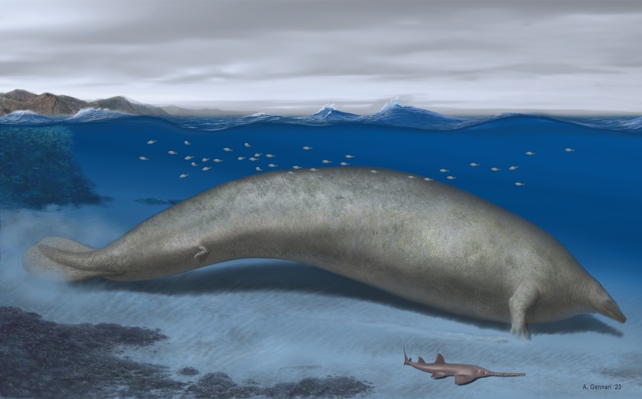
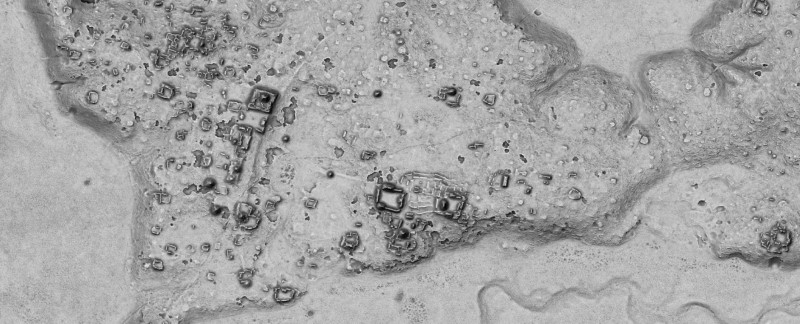
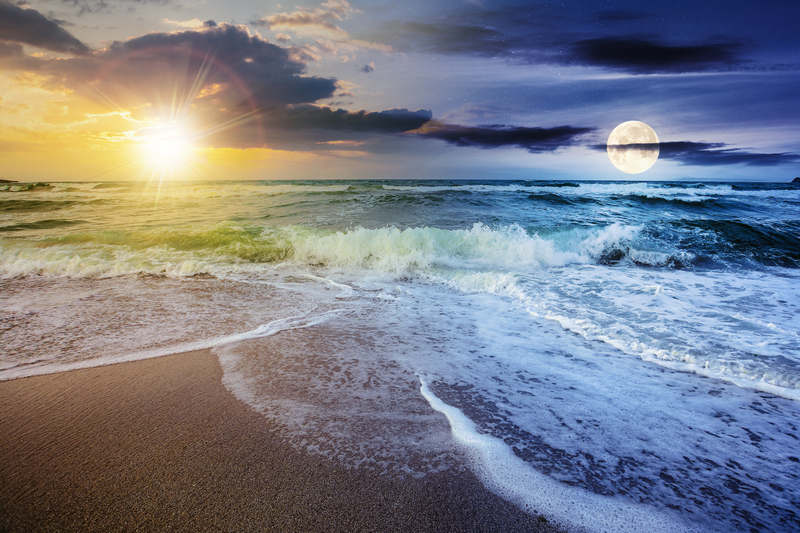
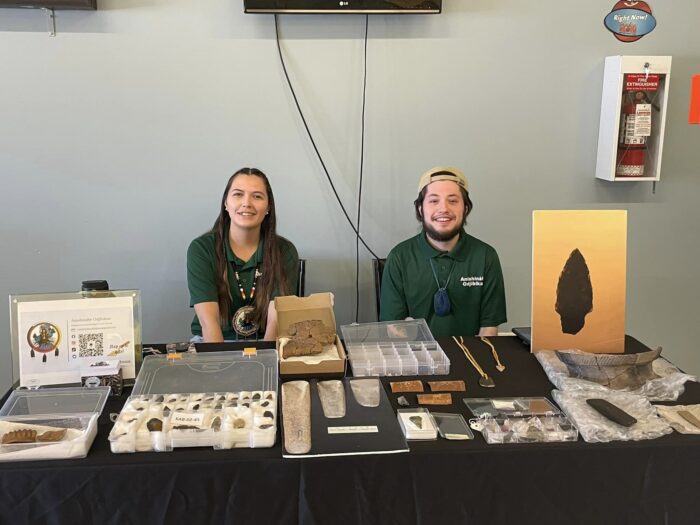
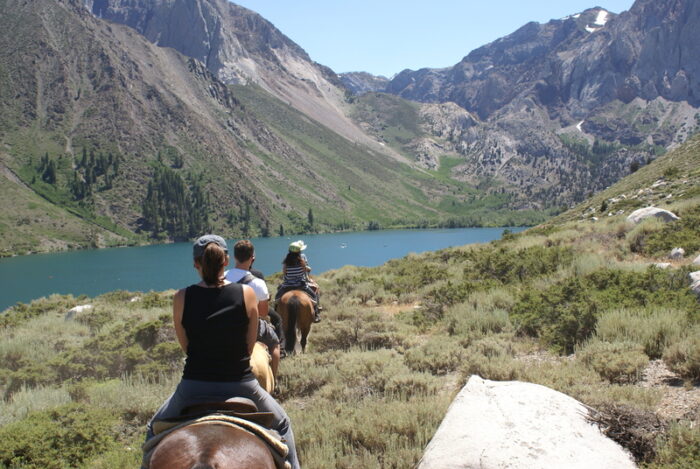
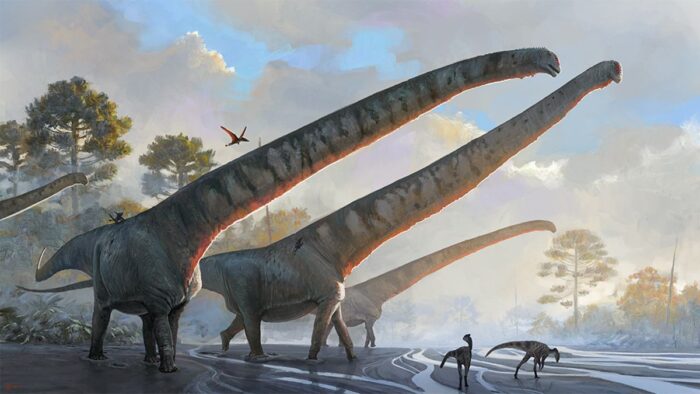
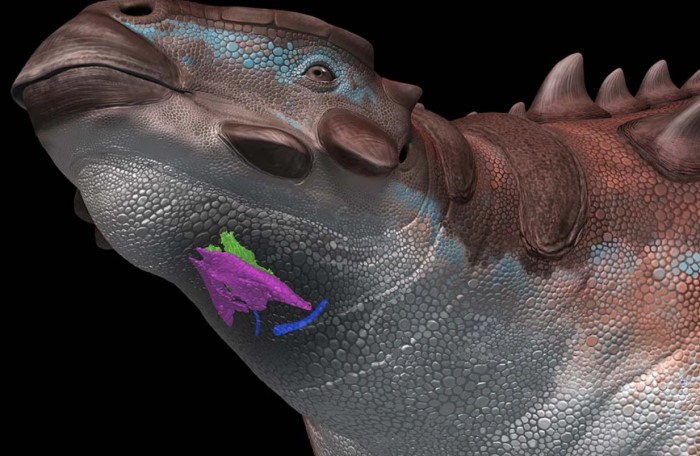
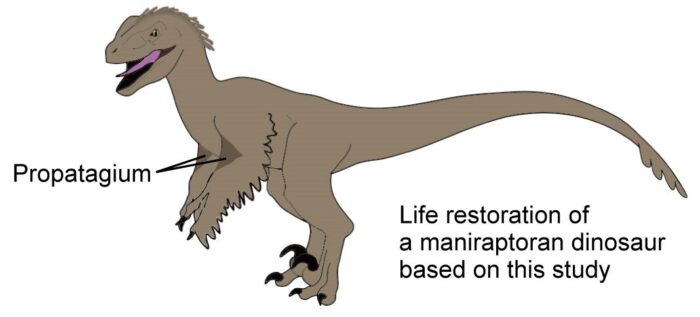
Thank you, OWL, for helping to spread the message of love, diversity, and the power of words and non-violent protest. We have come a long way since 1963, but we still have a ways to go. May we remember the power of the individual as we come together in community.